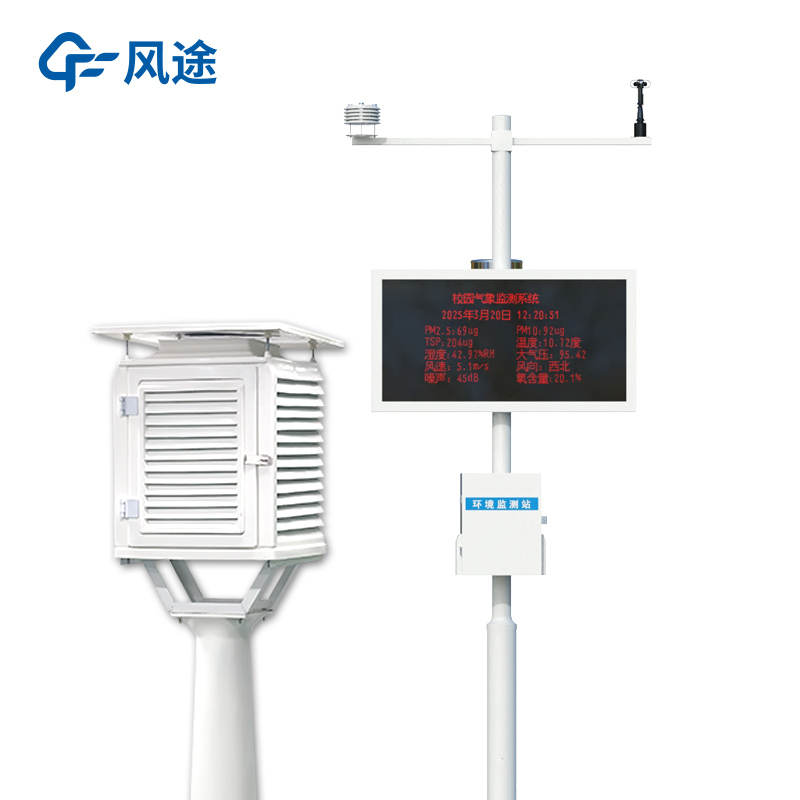Meteorological environment monitoring equipment supplier
Insist on doing high-precision customer favorite technology products
A School Weather Station is a scientific facility established in open campus environments for monitoring and recording basic meteorological parameters. Composed of a series of durable meteorological sensors and supporting data acquisition equipment, it serves as an important practical platform for environmental science and geography education in modern primary, secondary, and higher education institutions.
From an educational perspective, traditional geography and science curricula have historically relied heavily on textbook descriptions and abstract principles, providing students with limited opportunities for intuitive perception and hands-on operation. As educational philosophy shifts toward practical and inquiry-based learning, the establishment of school weather stations has become an effective means to address this gap. They transform abstract atmospheric science concepts into tangible, observable phenomena, serving as important bridges connecting theoretical classrooms with the real world.
Firstly, these stations support geography, physics, science, and other courses by allowing students to personally experience the data collection process, understand the causal relationships of weather changes, and connect textbook knowledge about climate zones, precipitation types, and other concepts with local actual weather conditions. Secondly, the long-term, continuous local meteorological data accumulated by weather stations can support students in conducting research-based learning or scientific projects, such as analyzing campus "heat island effects" or studying the relationship between plant phenology and temperature. Finally, in terms of campus life and safety management, real-time meteorological data can provide references for arranging physical education classes and extracurricular activities, as well as early warnings before extreme weather events.
Therefore, a School Weather Station is not just a set of hardware equipment but also a versatile outdoor laboratory. By providing real environmental data, it effectively cultivates students' scientific literacy, observation skills, and practical spirit, serving as an important infrastructure for improving the quality of natural science education.
